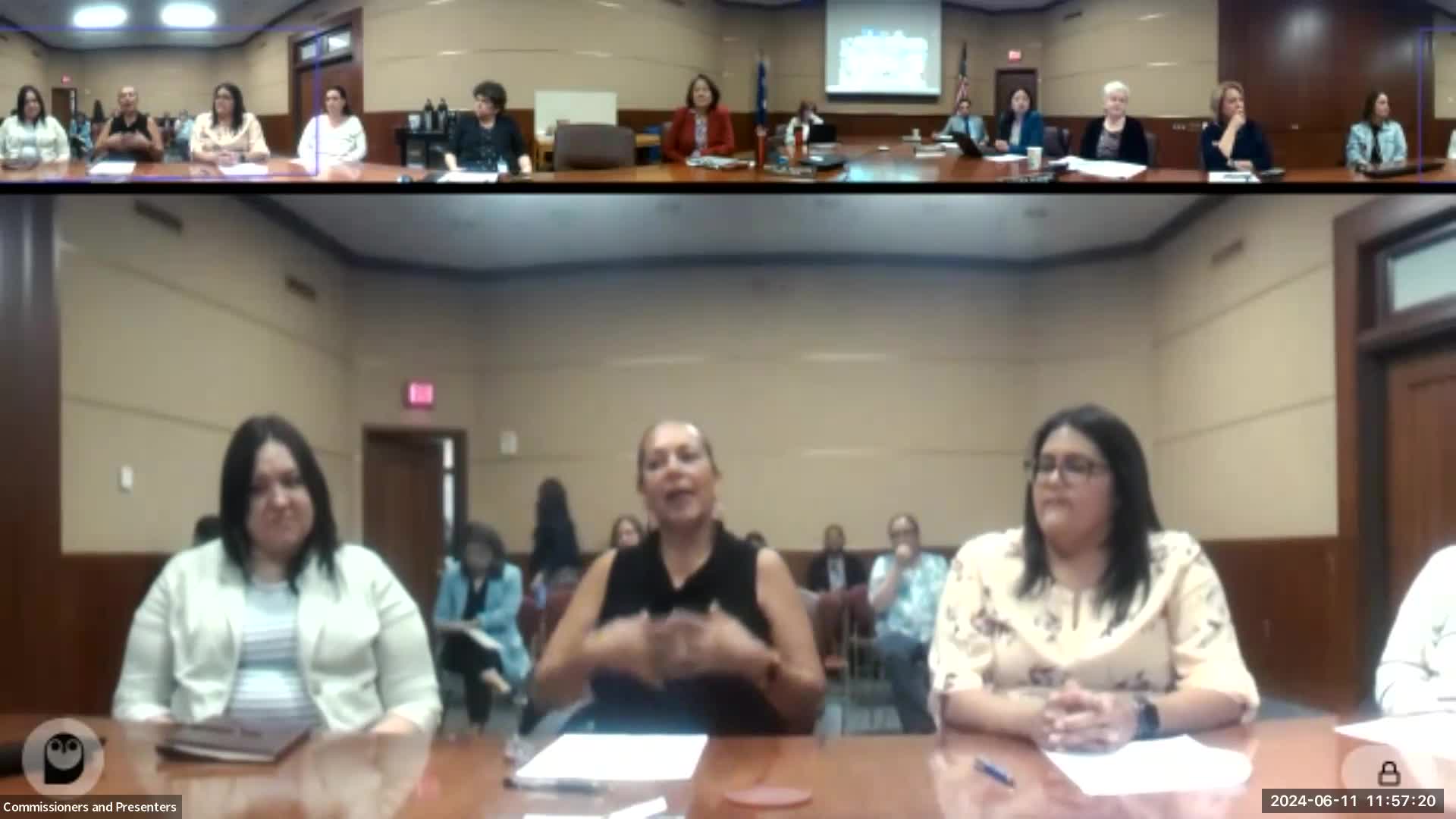Community coaching program empowers families to break poverty cycle
June 11, 2024 | Ramsey County, Minnesota

This article was created by AI summarizing key points discussed. AI makes mistakes, so for full details and context, please refer to the video of the full meeting. Please report any errors so we can fix them. Report an error »

During a recent government meeting, discussions centered on the importance of community support systems and family coaching as vital resources for families facing challenges. Participants emphasized the need for a collaborative approach to help families navigate difficult circumstances, highlighting that many individuals lack the knowledge and support typically passed down through generations.
A key focus was on the family coaching model, which aims to provide comprehensive support to families. This model not only addresses immediate needs but also fosters long-term resilience by building trust and relationships. One participant noted that while there are currently 36 families receiving coaching, there are about 12 families officially on a waiting list, with an additional 30 to 40 families seeking resources and referrals. This indicates a significant demand for such services within the community.
The discussion also revealed that many families, particularly those entrenched in poverty, often lack a robust support network. The family coach serves as a crucial ally, offering guidance and assistance in overcoming barriers that families may encounter. This holistic approach is designed to empower families, helping them to view challenges as manageable steps rather than insurmountable obstacles.
Overall, the meeting underscored the critical role of community relationships and support systems in fostering resilience among families, particularly in urban areas where such resources can be scarce. The commitment to strengthening these ties reflects a broader understanding of the complexities faced by families and the importance of collaborative efforts in addressing their needs.
A key focus was on the family coaching model, which aims to provide comprehensive support to families. This model not only addresses immediate needs but also fosters long-term resilience by building trust and relationships. One participant noted that while there are currently 36 families receiving coaching, there are about 12 families officially on a waiting list, with an additional 30 to 40 families seeking resources and referrals. This indicates a significant demand for such services within the community.
The discussion also revealed that many families, particularly those entrenched in poverty, often lack a robust support network. The family coach serves as a crucial ally, offering guidance and assistance in overcoming barriers that families may encounter. This holistic approach is designed to empower families, helping them to view challenges as manageable steps rather than insurmountable obstacles.
Overall, the meeting underscored the critical role of community relationships and support systems in fostering resilience among families, particularly in urban areas where such resources can be scarce. The commitment to strengthening these ties reflects a broader understanding of the complexities faced by families and the importance of collaborative efforts in addressing their needs.
View full meeting
This article is based on a recent meeting—watch the full video and explore the complete transcript for deeper insights into the discussion.
View full meeting
